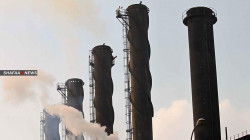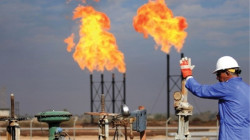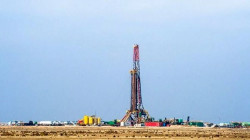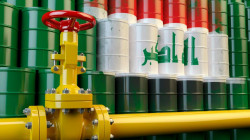Iraqi oil contribution to budget slips to 93%, expert deems it 'high'
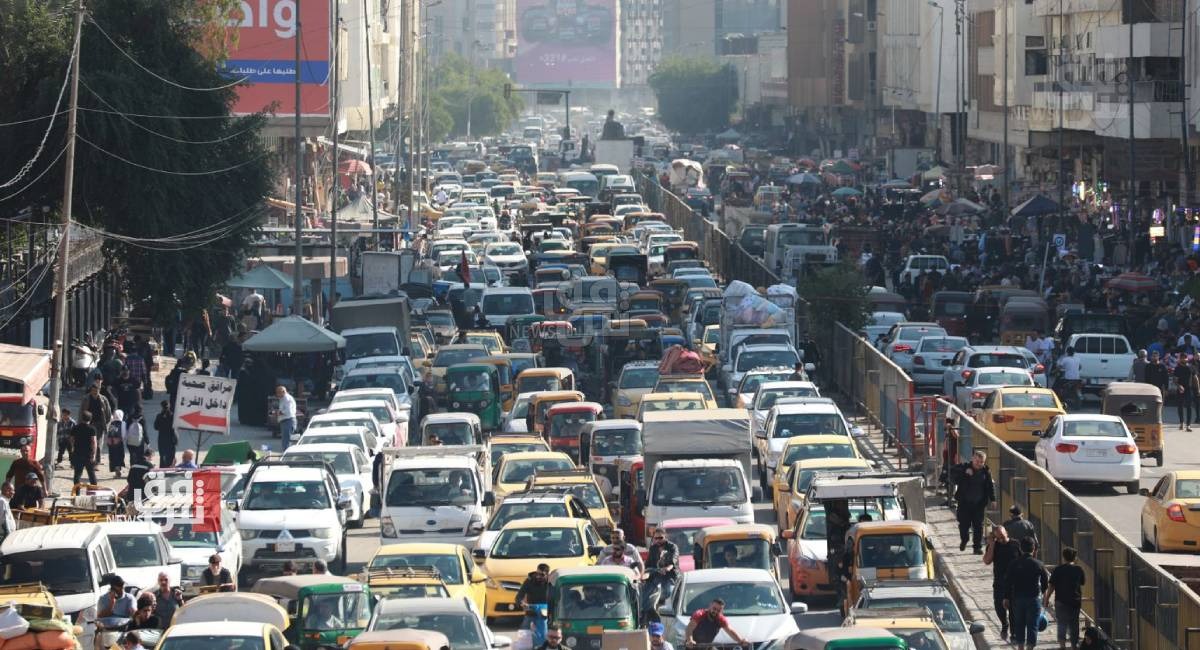
Shafaq News/ On Sunday, the Iraqi Ministry of Finance revealed that Iraqi revenues in the federal budget over 12 months exceeded 135 trillion dinars, representing a decline in the oil contribution to the budget to 93%.
In February 2023, the ministry reported that oil contributed to an astounding 96% of Iraq's 2022 budget.
According to the Ministry of Finance's data released this February, calculations for the past fiscal year's 12 months showed that oil remains the primary resource for Iraq's budget, accounting for 93%.
Financial data also indicated that total revenues until December 2022 reached 135,681,266,179,696 dinars after excluding transfer revenues totaling 259,301,196 thousand, with total expenditures including advances reaching 122,772,745,546 thousand dinars.
According to the official data, oil revenues amounted to 125,882,218,622 thousand dinars, constituting 93% of the general budget, while non-oil revenues reached 9,799,047,964 thousand dinars.
In this regard, economic expert Hilal Al-Ta'an told Shafaq News Agency that "the decline in the oil percentage in the budget resulted from Iraq's reduction of its oil production in compliance with OPEC decisions," noting that this percentage is still high compared to oil-producing countries.
Al-Ta'an added that Iraq ended the fiscal year with a slight surplus, indicating significant expenditures.
"the government will continue to rely on oil as a primary source of budget funding for a long time because it has not developed other economic sectors," he explained, stressing the need for "political will and real determination for diversification."
On Saturday, the Iraqi Prime Minister's Adviser on Energy Affairs and Oil Minister, Hayan Abdul Ghani, affirmed that Iraq had reduced its oil production by 600,000 barrels per day as part of OPEC's plan to reach the country's output to 4 million barrels per day.
Moreover, during the 6th Baghdad Dialogue Conference, Abdul Ghani stated, "The Ministry of Oil has put forward an ambitious plan to increase production, but Iraq is a major part of OPEC and is committed to the organization's production ceilings. Iraq's share reached four million and six hundred thousand barrels per day, and a reduction occurred two years ago, bringing production to four million and four hundred thousand barrels per day."
He added, "There are voluntary reductions that Iraq has implemented, and production has reached four million barrels per day," noting that "the aim is to maintain price stability and achieve a balance between supply and demand."
During a symposium on Energy Security and its Future in Iraq held last January, Iraqi President Abdul Latif Rashid expressed the Iraqi authorities' committement "to diversifying sources of income and developing work in a wide array of fields as part of Iraq's policy to reduce its rentier reliance on oil and in terms of financial management. The primary task of a researcher and expert is to help flesh out the plans and objectives of state institutions and to develop their work in order to implement the government's initiative. I do not want to keep you too long, because I want to give the ministers and specialists in this field the opportunity to give us a broader sense of the matter."
Notably, Iraq's unwavering reliance on oil as its primary revenue source exposes the country to the vicissitudes of global crises that impact oil prices, thus posing significant risks to the national economy.
Iraq often resorts to external or internal borrowing to cover budget deficits, highlighting its inability to manage state funds effectively and its failure to devise alternative financing solutions.
Economic analysts strongly advocate for the Iraqi government to diversify its income sources and invest in sustainable development initiatives to mitigate the risks associated with the country's dependence on oil revenues.
